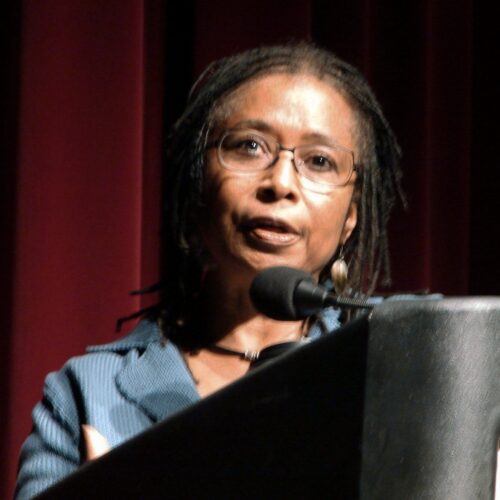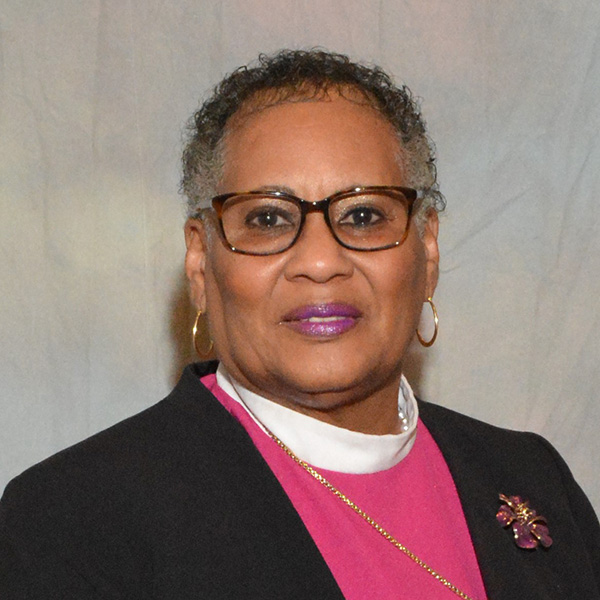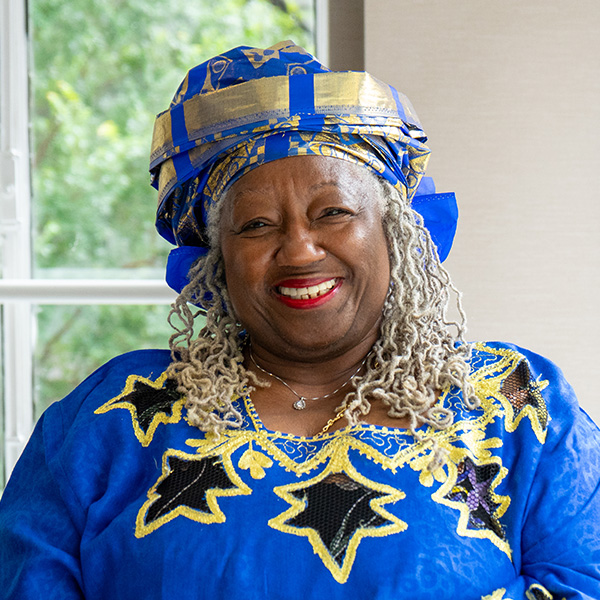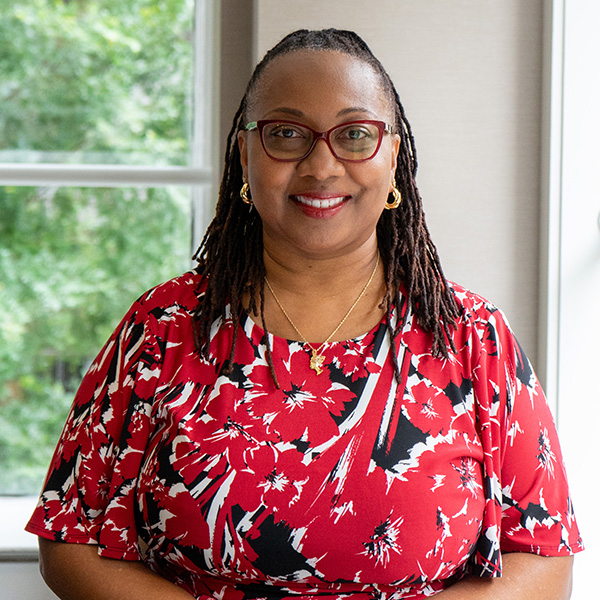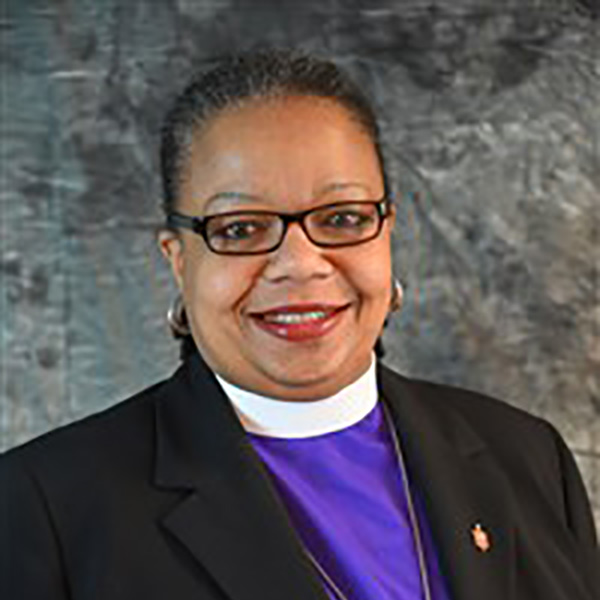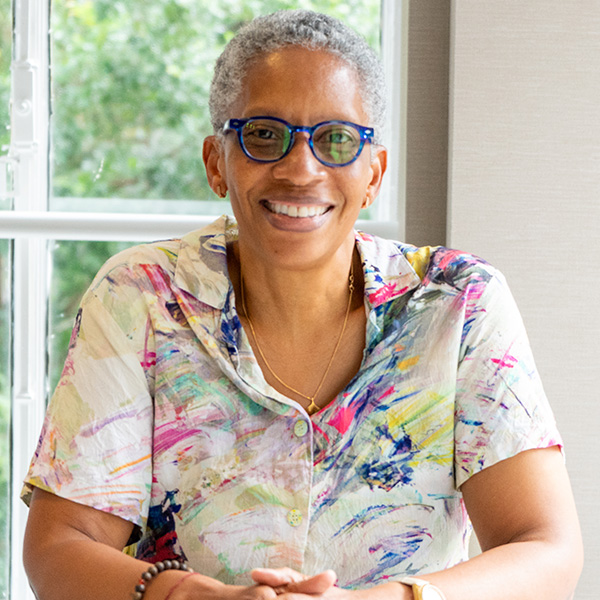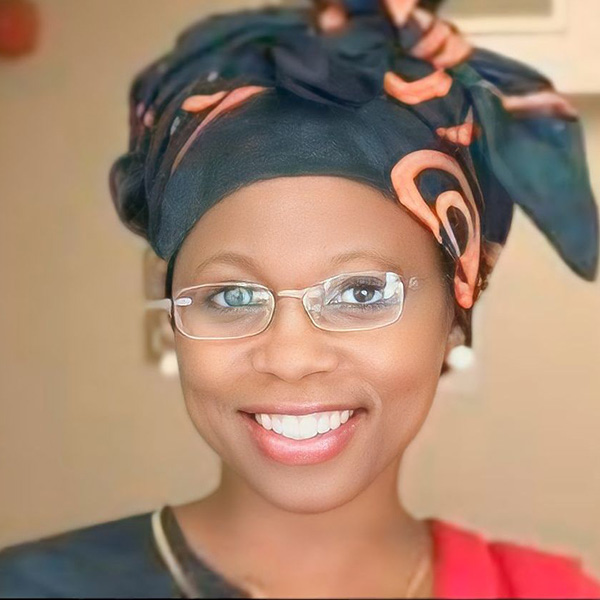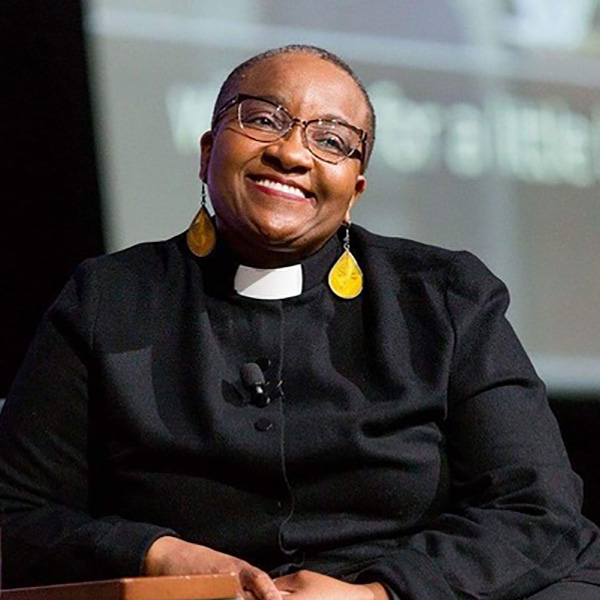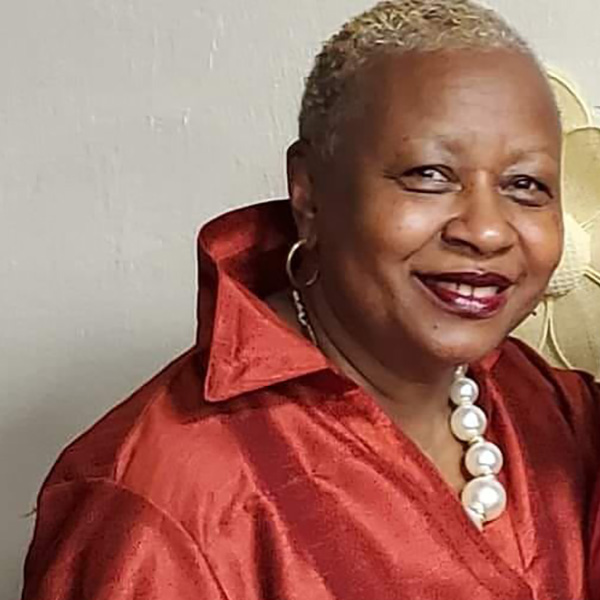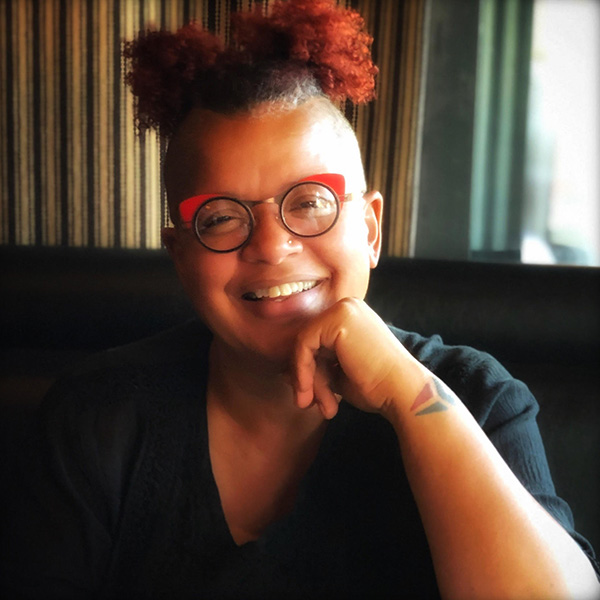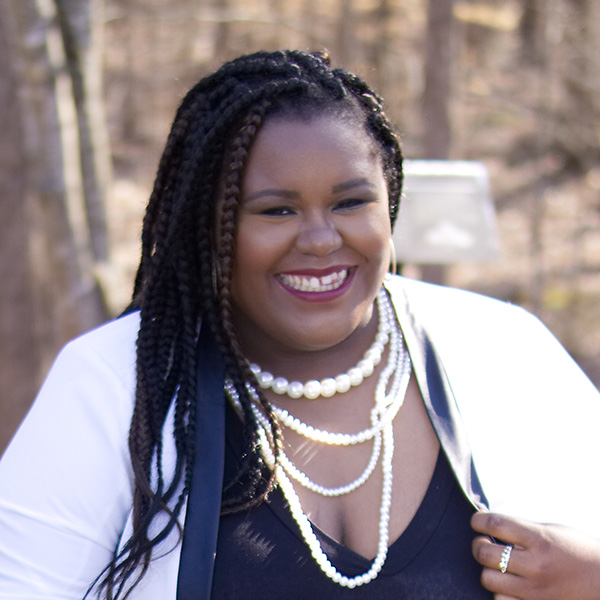Biography
Early Life
Alice Walker was born in Eatonton, Georgia. Her parents, Willie Lee and Millie Lou Grant Walker were sharecroppers. Walker grew up in the Christian church. After one of her siblings accidentally blinded her in one eye, her mother gave her a typewriter. She attended Spelman on scholarship for two years and graduated from Sarah Lawrence College in 1965. She married Melvin Rosenman Leventhal in 1967, and they had one daughter. Leventhal was a Jewish Civil Rights lawyer. Their legal interracial marriage was a first in Mississippi. They divorced 9 years later in 1976.
She became involved in the Civil Rights Movement after she moved to Mississippi, where she was teaching. In 1968, Walker began publishing short stories, poetry, and essays. She has written seven novels, and four collections of short stories. Her works also include many essays, poems, and four children’s books. Her writing addresses racism, sexism, and the need for gender and racial equality.
Activism Through Writing with Religious Themes
In 1983, Walker was awarded a Pulitzer Prize for her novel, The Color Purple, which she wrote while living in California. The novel was made into a film in 1985 and into two musical film versions in 2004 and 2023. In The Color Purple, and other novels, Walker addressed issues of sexual and physical abuse in the black community. The Color Purple is famous for the conversation between two main characters discussing God that moves beyond the old white male stereotype. Instead, God “it” is described as being within every person and everything that it is. This religious conversation is transformative for the book’s main character. In the book, she famously wrote, “I think it pisses God off if you walk by the color purple in a field somewhere and don’t notice it. People think pleasing God is all God cares about. But any fool living in the world can see it always trying to please us back.”
Walker’s book, In Search of Our Mother’s Gardens: Womanist Prose has been an inspiration to many women. In it, she wrote, “Guided by my heritage of a love of beauty and a respect for strength—in search of my mother’s garden, I found my own.” It was the inspiration for the name of this website: The Garden Initiative for Black Women’s Religious Activism. In this book and in one of her earlier essays, Walker created and explained the term, “Womanist.” It comes from the commonly used phrase “you actin’ womanish.” This term was often used in black communities by mothers to describe a young woman who was acting like a grown woman, audacious, brave, responsible, or exhibiting leadership. Theologians like Jacquelyn Grant and Delores Williams built upon the foundation that Walker created and they expanded it to create the academic field of Womanist Theology. Womanism also became a social movement.
Spirituality
Alice Walker wrote about her great grandmother’s spirituality in In Search of Our Mothers’ Gardens. Walker’s faith has been described as pantheist or pagan. Her spirituality has been described as ecospirituality. She said, “I thought that there had to exist somebody, somewhere, that recognized that the real God is nature… We are born of the Earth, made of it, and we must protect it.” She has written about Buddhism, Jesus as a historical figure, Christianity, and Gnosticism. She has also written about the Earth as God, Grandmother Earth, Grandmother Creator, and self-salvation.
Walker’s novel, Possessing the Secret of Joy, led her to write her 1993 book, Warrior Marks: Female Genital Mutilation and the Sexual Blinding of Women, which also became a documentary film. This groundbreaking book came at a time when this practice was largely culturally hidden.
Walker has traveled all over the world to empower poor and oppressed peoples. She returned from Gaza in 2008 and has spoken about human rights there and worldwide. She defends the rights of all living things. In 2016, the Mahmoud Darwish Literary Prize for Fiction was awarded to Alice Walker. She has received numerous awards for her writing and three prestigious fellowships.
